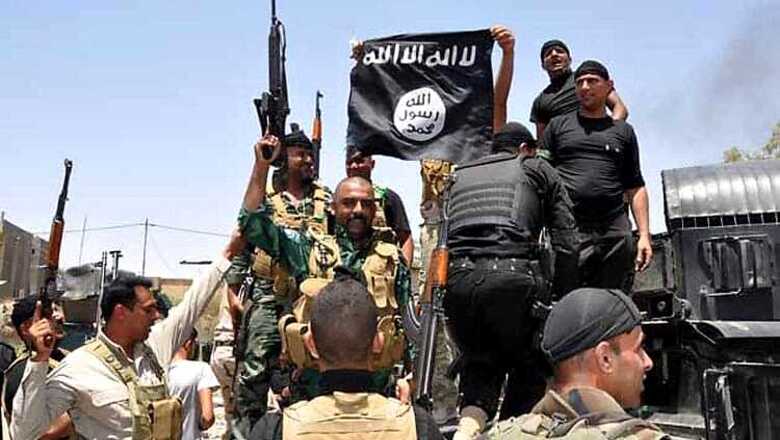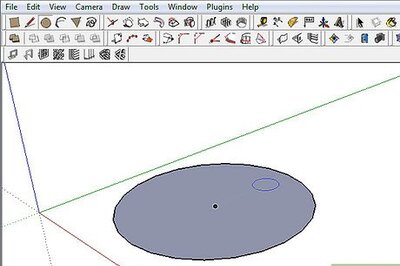
views
Baghdad: The Islamic State jihadist group made USD 11 million per month from "organised crime" in Iraq's Nineveh province before seizing it and capital city Mosul, a parliamentary report obtained.
Before Mosul was overrun on June 10 2014, IS members acted like "mafias managing organised crime," and controlled "all the economic resources of the province," said the report, the product of a parliamentary inquiry into the failures that led ot the city's fall.
The jihadists had "a specific system for collecting money" and imposed "specific rates" on different social groups as part of its highly successful racketeering, according to the report, which has not been publicly released.
Officials from Nineveh said IS initially received some USD 5 million per month from this system, but that figure more than doubled to USD 11 million soon before seizing Mosul, according to the report, which did not specify when its extortion efforts began.
The report cited various examples of "taxes" levied by IS, including on petroleum products being transferred from a major refinery in neighbouring Salaheddin province, which brought in some USD 1 million per month.
Cement was also "taxed" in a similar fashion, while IS also received the salaries of 300 Mosul municipality contractors, bringing in about USD 62,000 per month.
Provincial councillor Zuhair al-Chalabi said thousands of doctors paid at least USD 300 per month to IS, while some 1,400 private generator owners paid at least USD 200 each.
"Everyone was paying Daesh, even the vegetable sellers," the report said, using an Arabic acronym for IS.
The first case of IS extorting money that was discovered by security forces was in a wholesale vegetable market, which generated USD 200,000 per month.
This funding was "a major economic resource that helped in a fast and efficient way to entrench this terrorist organisation and double its human and logistical capabilities," the report said.
The fact that IS could collect money in this way even under the authority of the Iraqi state represented "the most prominent manifestation of the failure" of security forces in Nineveh, it said.
When IS seized Mosul and surrounding Nineveh province last June, it gained open control, but at the cost of some of the lucrative revenue streams that were cut off by the conflict.



















Comments
0 comment